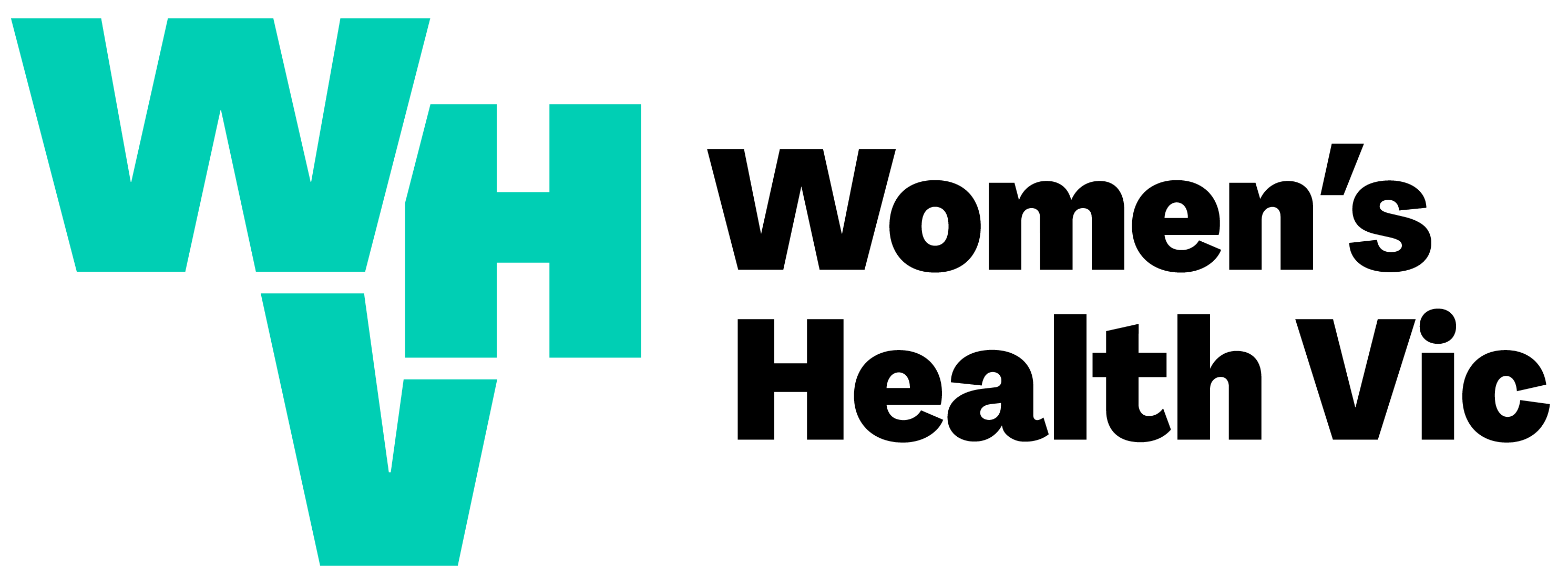Great expectations: how gendered expectations shape early mothering experiences
The aim of this paper is to provide an overview of: gendered expectations about birth and early motherhood; how these expectations impact mothers’ health and wellbeing; and the way in which these expectations and experiences both stem from and reinforce gender inequality.
Motherhood is commonly viewed by contemporary society as a time of great joy, when ‘good mothers’ effortlessly bond with their newborns and adapt to their new role with ease. However, for many women and their partners, pregnancy, birth and early parenting do not meet these expectations.
The perinatal period marks an enormous transition and upheaval in women’s lives, challenging body image, relationships, intimacy and mental health. Research shows that when a woman’s prenatal expectations regarding her pregnancy, delivery, infant, support network, and sense of self as a mother are compromised, she is more likely to experience lower levels of self-esteem and higher levels of depression, anxiety, and stress.
The mismatch between expectations of pregnancy and early motherhood and the reality of many women’s experiences can act as a barrier to help seeking and compound feelings of stress, failure and isolation. Motherhood expectations vary depending on women’s support networks, access to financial resources, family of origin and experiences of being parented, and cultural beliefs. They intersect with other social expectations and forms of discrimination such as ableism, racism, ageism and homophobia.
Structural factors such as the cost of childcare, inadequate income support, unequal pay and limited access to flexible work arrangements mean that in practice, women’s ‘choices’ about how to balance family and work are constrained.
Mothers need more realistic, holistic and supportive responses from society, health professionals, their families and themselves. Developing and sharing more realistic expectations around early motherhood experiences, and striving to transform gender norms and structures so that women and their partners share the load more equally, can support improved outcomes for mothers and a more gender equal world for their children to grow up in.
Anderson R, Webster A, Barr M (2018) Great expectations: how gendered expectations shape early mothering experiences. Women's Health Victoria. Melbourne. - (Women's Health Issues Paper; 13)





